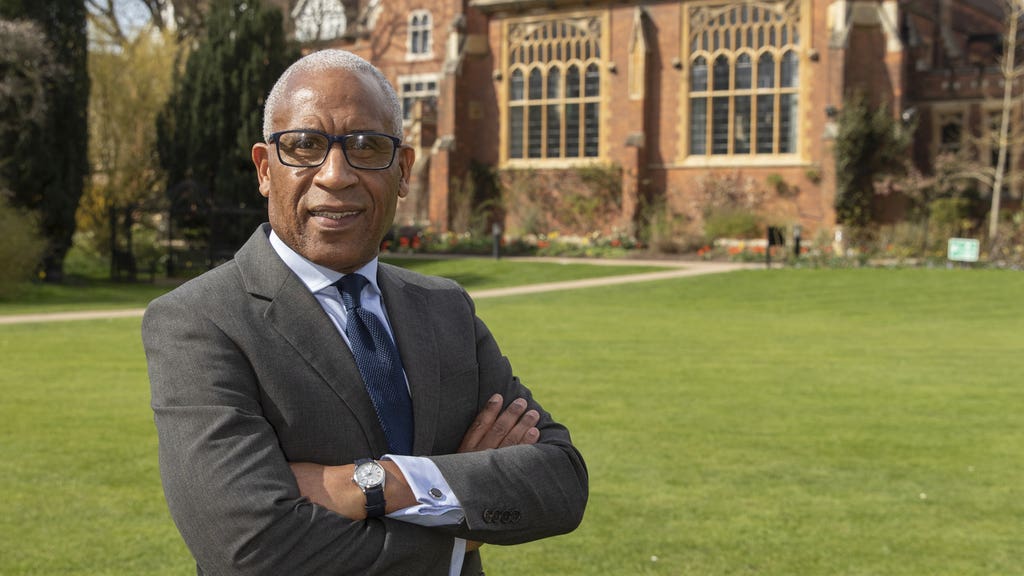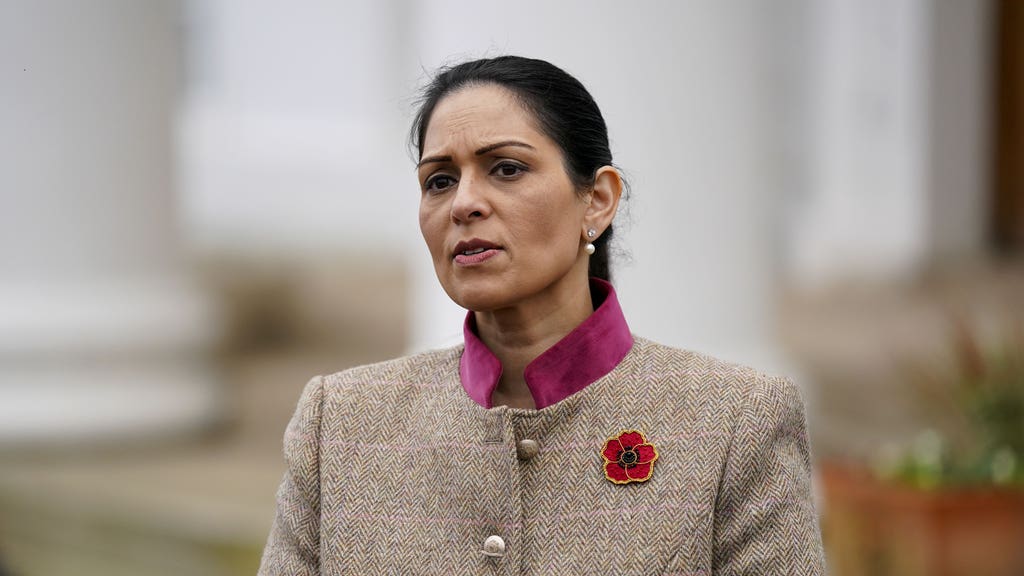Nationality and Borders Bill would make people like me second-class citizens, warns peer
Exclusive: Equalities campaigner Lord Woolley says controversial legislation has echoes of Windrush scandal

The controversial Nationality and Borders Bill will make Black and Asian Britons second-class citizens as they face the possibility of having their UK citizenship revoked without notice, a peer has warned.
Lord Woolley, an equalities activist, said he would also face being stripped of citizenship under Clause 9 of the bill in this way as his mother was born in the Caribbean.
Under the proposed legislation, which is being debated in the House of Lords on Wednesday, those who are eligible for citizenship of another country could be quietly stripped of UK status if it were deemed to be in the “national interest”.
“This will further exacerbate the reality that millions of British people, many of African, Caribbean and Asian descent, are second class citizens,” Lord Woolley told The Independent.
“I’m a lord of this realm and yet I’d be rendered as such because my mother was born in Barbados.
“For those of us born here to foreign parents, our citizenship is precarious; the government has called it a ‘privilege and not a right’ that can be stripped away and in some cases without appeal.”
The amendments to the bill that the House of Lords will vote on are yet to be decided, but The Independent understands Labour peers would be minded to back a move to remove the controversial clause.
Lord Woolley, who set up the Operation Black Vote organisation, also pointed to similarities with the Windrush scandal. The Home Office has recently come under fire for human rights breaches by numerous Black claimants.
“Surely the Windrush scandal has taught us that when you have a tiered citizenship system, you’re not only viewed as less than, but at times of political stress, you can shockingly be treated as such,” he said.
“The Lords must show leadership in its response to this bill.”

MPs approved the bill on its third reading last month despite criticism from all sides of the Commons. On Tuesday, campaigners, including the Association of Muslim Lawyers, published an open letter to Lords calling for the bill to be amended.
“This is in effect, a racist policy or agenda, regardless of the manner in which the current government wishes to ‘dress’ the bill in current form,” they said.
Meanwhile a coalition of faith and civil society groups – including the Muslim Council of Britain, TUC, Sikh Council, and Jewish Council for Racial Equality – warned the plan posed a danger to the UK’s “tradition of upholding human rights”.
Zara Mohammed, of the Muslim Council of Britain, said: “The Nationality and Borders Bill is an affront to human rights. This bill appears to be yet another attempt to further marginalise minority groups, whilst eroding our civil liberties. We urge peers to speak out and vote against this bill.”
A Home Office spokesperson said: “Removing British citizenship has been possible for over a century, and is used against those who have acquired citizenship by fraud, and against the most dangerous people, such as terrorists, extremists and serious organised criminals.
“This change is simply about the process of notification and recognises that in exceptional circumstances, such as when someone is in a war zone, or informing them would reveal sensitive intelligence sources, it may not be possible to do this.”
Join our commenting forum
Join thought-provoking conversations, follow other Independent readers and see their replies
Comments
Bookmark popover
Removed from bookmarks